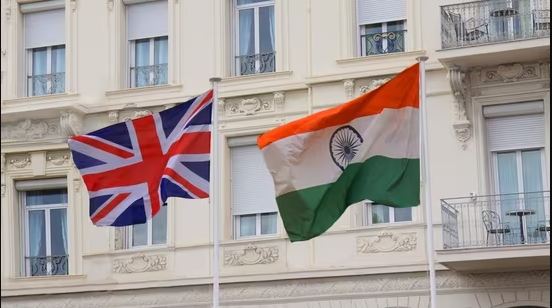The Era Of Digital Diplomacy

In the modern age, diplomacy has undergone a significant transformation. With the advent of technology, diplomacy has been taken to a whole new level, and digital diplomacy has emerged as an effective tool for nations to communicate with one another. Digital diplomacy is defined as the use of digital tools and social media platforms to promote a nation’s foreign policy objectives. It is a tool for governments to communicate directly with the public, bypassing traditional media outlets. The use of social media platforms and digital tools have transformed the way in which governments communicate with each other and with the public.
Digital diplomacy has several advantages over traditional diplomacy. Firstly, it allows for the dissemination of information on a global scale. In the past, governments had to rely on traditional media outlets to communicate with the public. However, with the advent of digital tools, governments can now communicate directly with the public, bypassing traditional media outlets. Secondly, digital diplomacy allows for real-time communication. Governments can now communicate with each other and with the public in real-time, allowing for quick and effective responses to events as they unfold. This real-time communication also allows for the monitoring of events as they occur, providing governments with the ability to respond to crises as they arise.
 Thirdly, digital diplomacy is cost-effective. Traditional diplomacy is often expensive, involving extensive travel and the use of physical resources such as embassy buildings. Digital diplomacy, on the other hand, is relatively cheap, requiring only an internet connection and access to digital tools. Digital diplomacy has become an essential tool in the diplomatic toolbox. Governments around the world are now using digital diplomacy to promote their foreign policy objectives. For example, the United States government has a dedicated digital diplomacy team, the Office of Digital Strategy, which is responsible for promoting the US government’s foreign policy objectives through digital channels.
Thirdly, digital diplomacy is cost-effective. Traditional diplomacy is often expensive, involving extensive travel and the use of physical resources such as embassy buildings. Digital diplomacy, on the other hand, is relatively cheap, requiring only an internet connection and access to digital tools. Digital diplomacy has become an essential tool in the diplomatic toolbox. Governments around the world are now using digital diplomacy to promote their foreign policy objectives. For example, the United States government has a dedicated digital diplomacy team, the Office of Digital Strategy, which is responsible for promoting the US government’s foreign policy objectives through digital channels.
Digital diplomacy has also been used to promote peace and security. For example, the United Nations has used digital diplomacy to promote peace and security in conflict zones around the world. The UN has established a dedicated digital diplomacy team, which is responsible for using digital tools to promote peace and security. Digital diplomacy also has its challenges. One of the main challenges is the lack of regulation. Digital diplomacy is a relatively new field, and there are few regulations governing its use. This lack of regulation can lead to misuse of digital tools, such as the dissemination of fake news or the manipulation of public opinion.
Digital diplomacy is an essential tool in the diplomatic toolbox. It allows governments to communicate directly with the public, bypassing traditional media outlets, and promotes real-time communication. However, digital diplomacy also presents challenges, such as the lack of regulation. Governments around the world must work together to regulate the use of digital tools in diplomacy to ensure their effective and responsible use.

